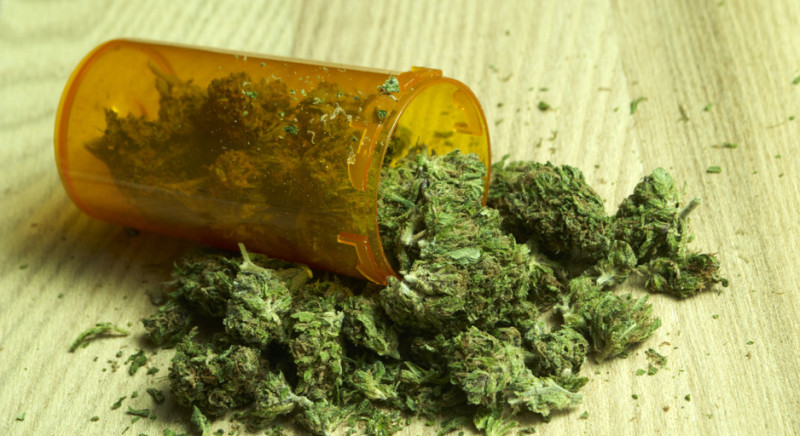Imagine a world where cannabis is synonymous with improved concentration and focus. Although the mainstream is far from accepting the legitimacy of medical cannabis, a group of German researchers aimed to explore the effects cannabis has on individuals that exhibited symptoms of ADHD.
A case study from 2008 of 30 patients with ADHD revealed that every single one of them saw improvements in not only concentration and sleep but also reduced impulsivity. This only confirms what cannabis users with ADHD already knew. The patients in the study reported less than outstanding results when treating their symptoms with traditional medications like Ritalin and Adderall. After the study, however, 22 of the 30 patients opted to continue treating their symptoms with cannabis.
One of the participants in the study, a 28-year-old male, exhibited inattentive and improper behavior while sober. After consuming cannabis, however, his behavior was more modest and regulated while having a very high blood plasma level of THC. Basically, the consumption of cannabis had a positive impact on performance and behavior on participants.
People with ADHD often lack proper organizational skills, have a poor short-term memory, and tend to have trouble being productive. As the name implies, they suffer from attention deficits and an altered activation level. ADHD affects their listening skills which pervades into personal relationship and decreases their overall quality of life.
The study proves that cannabis increases the availability of dopamine with people who exhibit ADD or ADHD symptoms. Dr. David Bearman, a renowned cannabinoidologist, suggested that cannabis “has the same effect but is a different mechanism of action than stimulants like Ritalin and dexedrine amphetamine, which act by binding to the dopamine and interfering with the metabolic breakdown of dopamine.”
Although pharmaceutical drugs like Ritalin and Adderall stimulate dopamine production, they come with less than pleasant side effects including sleep problems, decreased appetite, headaches, and irritability. According to the American Psychiatric Association, 5 percent of American children suffer from ADHD. Although the disorder most often occurs in children, symptoms can affect adults. Colorado and California are the only states that allow cannabis treatment for ADHD symptoms.
Some good news is that the New Mexico medical cannabis advisory board is considering adding ADHD to the list of ailments treatable by cannabis. It will be a welcome and timely addition to the list since the board only meets twice a year. Although physicians and researchers are beginning to see the efficacy of cannabis on ADHD patients, it’s going to take more than just personal anecdotes for cannabis to be widely accepted as a treatment for ADHD.











